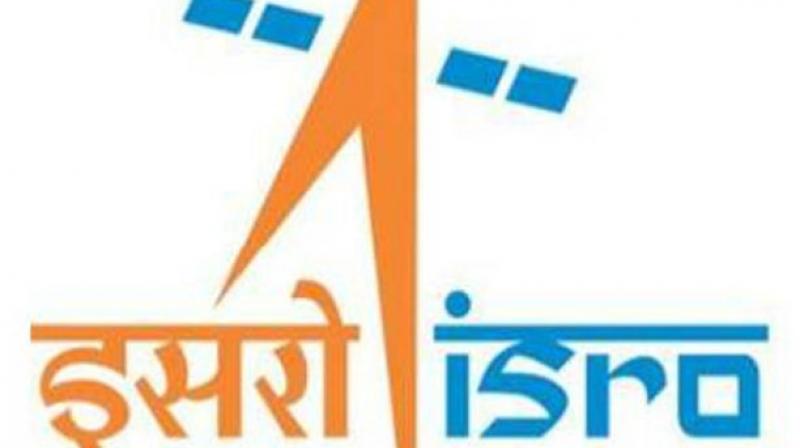Space projects open up astrobiology for students
The mission to Mars presently has robots which are designed to capture images and tasks which are based on certain parameters only.

Hyderabad: Astrobiology is the science of understanding how the human body can live for 1,000 days while travelling in space to Mars.
“It is the next big challenge in India's space mission,” said former chairman of the Indian Space Research Organisation, Dr K Radhakrishnan.
The mission to Mars presently has robots which are designed to capture images and tasks which are based on certain parameters only.
According to Dr Radhkrishnan, “We are presently using artificial intelligence coded in robots. They have been defined tasks A, B, C, D. But if there is something new that they see, then there is a mechanism where they get back to the control room and we design a new set of tasks for them. So when the humans will go to Mars, there will be a need to understand what changes the human body will undergo. This means there is a major scope for astrobiology and students must take this subject up for future research."
The new space initiatives are looking at creating a pathway in space, a roadmap for orbiting around the world. Fifteen space agencies from across the world are looking at these initiatives. The focus of the Indian research is presently to take human beings into space and bring them back and then look at further missions.
There are 1,450 satellites in the earth's orbit, of which 55 per cent are for communication, 20 per cent for earth observation, six per cent for defence and 19 per cent for scientific and meteorological forecasts. The Global Space Economy is $360 billion in 2018.

